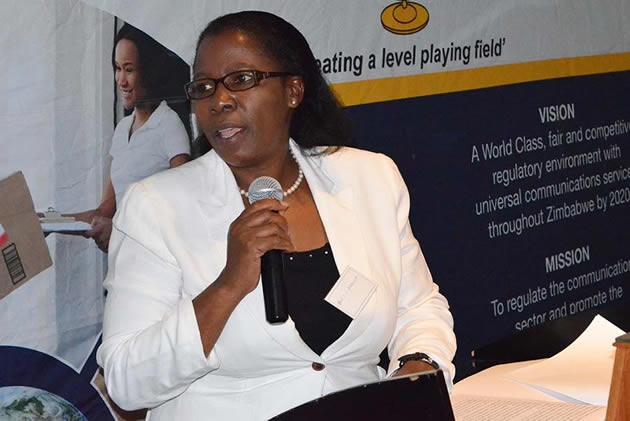EDITORIAL COMMENT: Stop the rot at our hospitals

 MPILO Central Hospital has been receiving much negative media coverage in recent years. If the referral facility is not in the news for corruption by staff, it is in for general ill-treatment of patients or negligently causing the death of patients, some of them infants.
MPILO Central Hospital has been receiving much negative media coverage in recent years. If the referral facility is not in the news for corruption by staff, it is in for general ill-treatment of patients or negligently causing the death of patients, some of them infants.
On March 14, 2012 Samantha Sungirai bled to death after giving birth through a Caesarean section at Mpilo. Her mournful husband Chamunorwa Makumbe told a subsequent inquest that she bled to death due to negligence by medical personnel, insisting her death was avoidable had the staff acted professionally.
To add to his pain, hospital staff did not tell him that his wife had died, referring him from one office to the other. He started feeling uncomfortable, only for a nurse to break the tragic news to him later on.
In May last year doctors at Mpilo actually forgot to remove an elastic band they had put around a three-week-old baby boy, Perez Simbarashe Murozvi’s arm resulting in the limb turning black, necessitating an amputation. The clueless staff did not end their horrible treachery there, another inquest involving Mpilo was told early this month. On amputating Perez’s arm, an operation that causes substantial blood loss, the doctors did so yet the hospital did not have any blood in stock for transfusion into the infant immediately after the procedure.
Ruth Busumani, Perez’s grandmother, told the inquest: “I watched as my grandson bled from the mouth and I think his arteries had already collapsed since he only got blood hours after his amputation. I believe doctors were very careless and that if it wasn’t for their negligence, my grandson would be alive.”
Nomsa Mukurazita, 18, prematurely gave birth to twins, a girl and boy on February 12. Two days later, she was told that the boy had died. The death was shocking enough, but more was to come when she learnt that the hospital had proceeded to incinerate the body of the baby without bothering to notify her or her relatives.
In July last year, Nobuhle Nkomo’s new-born baby died after being exposed to high temperatures in an incubator at Mpilo.
The apparent incompetence extends to hospital management with reports of a $3 million tender scam allegedly involving senior officials at the hospital. Work on a cancer unit that must be undertaken under the tender has stopped. As a result, patients who should be attended to at the hospital have to seek more expensive assistance elsewhere.
It transpires that basic procedures and common sense do not exist at a hospital that has such a positive name we thought it indeed exists to give and preserve life.
And to imagine that this is a hospital that has been pretending to be rebranding in recent months as well as begging for public financial and material assistance to get its infrastructure back in order! Some might justifiably wonder if there is any justification for the Bulawayo public to pay to revamp the hospital for our own future suffering or unnecessary death at the same facility.
We have to say it is this professional lethargy by staff that discredits the otherwise legitimate efforts by the hospital leadership to get donors to help rebuild its infrastructure.
But Mpilo is only a glimpse into the deplorable treatment that patients endure at public health institutions countrywide. The government has a lot of work to do stem this sector-wide culture of laziness and negligence that Mpilo exemplifies.
Early this month, the Ministry of Health and Child Care set up a six-member team to conduct a formal investigation into ill-treatment of patients at clinics and hospitals. The death of two people at West End hospital after Parirenyatwa hospital in Harare refused to admit them led government to launch the probe.
As the probe continues, patients who face these challenges daily when they fall ill and have to visit a public hospital are not waiting for the team’s findings. They experience the pain daily and first hand so don’t need a third person to help them express their feelings.
We demand that a provision be put in place for negligent staff to be held personally responsible for causing the death and emotional torture that the likes of Sungirai, Makumbe, Perez, Busumani, Nkomo and Mukurazita endured.
We are encouraged by the Ministry of Primary and Secondary Education’s recent revival of their age-old quality assurance and service delivery assessment strategy that involves unannounced visits to schools countrywide. This can be a useful assessment strategy for hospitals too. The Ministry of Health and Child Care can involve investigators visiting hospitals or clinics incognito so as to experience the treatment ordinary patients receive from health staff. Along with undercover tours there can be formal, but surprise visits to health facilities, much like the education ministry’s to schools.











Comments